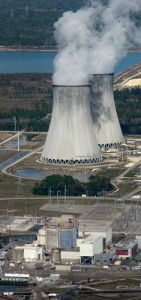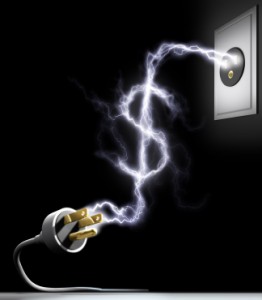
11/12/14 — ocala.com It is unconscionable that Duke Energy is sitting on $1.5 billion of ratepayers’ money that was collected to pay for two now-canceled Levy County nuclear power plants and refusing to refund the money. Even more outrageous is that the Florida Public Service Commission, which is appointed by the Legislature to represent the “public” interests in utility matters, has refused to order the company to do so.
Now comes state Sen. Charlie Dean, R-Inverness, who represents a good portion of Marion County, with proposed legislation to repeal the notorious “nuclear cost recovery fee” legislation that allowed Duke to collect the money in the first place.
The law was passed in 2006 to encourage Florida utilities to build nuclear power plants. The companies, especially large ones like Duke and Florida Power & Light, convinced lawmakers that it was wiser to pay for the mega-costly facilities — the Levy plants would have cost in excess of $24 billion — by collecting money from customers up-front. Problem is, there was no provision for refunding the money if it was not used for its intended purpose.
Read the whole article: ocala.com










